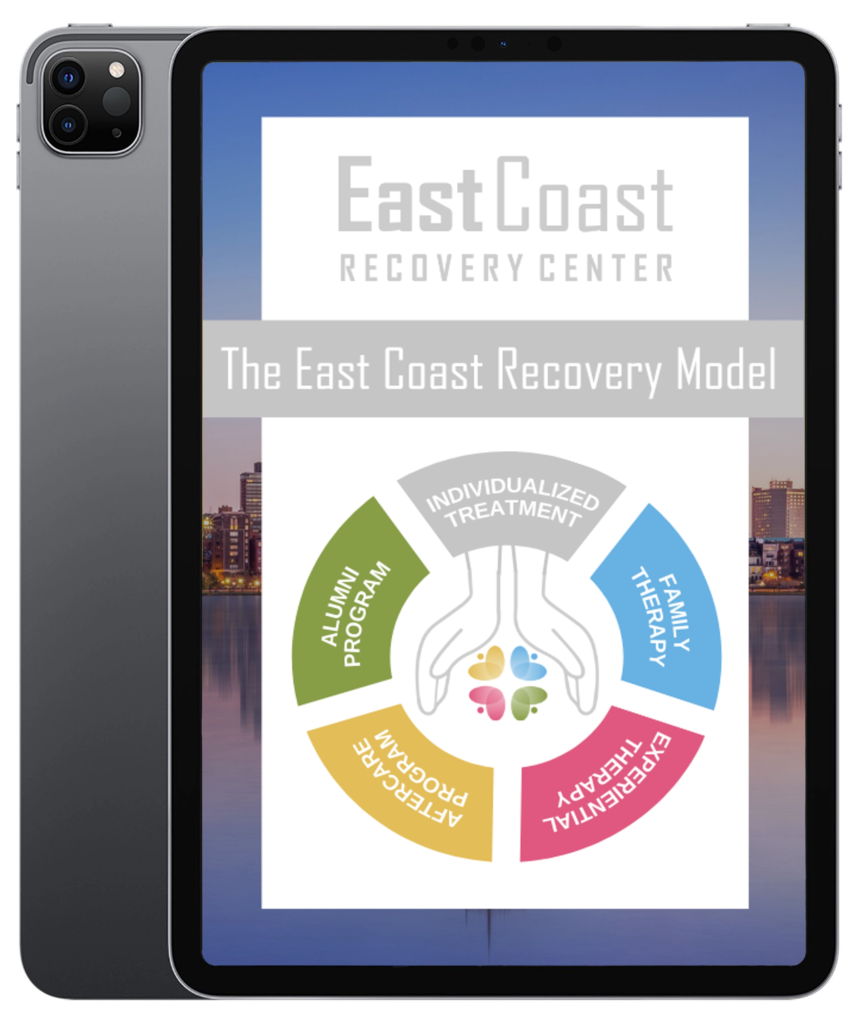Xanax is a prescription medication used for conditions like anxiety. It falls under the category of benzodiazepines.
Massachusetts has seen alarming rises in benzodiazepine abuse including xanax. One of the biggest risks is the practice of combining Xanax with opioids, as both drug types suppress the central nervous system and lead to an extremely high risk of overdose and overdose related deaths.
In 2020, Massachusetts saw 31 percent of its opioid related overdose deaths involving benzodiazepines. After Fentanyl and cocaine they were the third most common substance involved in overdose deaths.
In 2023 benzodiazepines including Xanax were present in one quarter of all opioid related overdose deaths throughout the state. During the same time for Massachusetts there was an increase in emergency room visits related to Xanax abuse and a large shift, according to the CDC, of overdose deaths involving illicit Xanax and other illicit benzodiazepines.
For Massachusetts, the highest rate of benzodiazepine prescription including Xanax is among the homeless veteran population leaving this particular group vulnerable to Xanax addiction and overdose.

Those who use Xanax prescriptions or illicit benzodiazepines for any extended length of time put themselves at a risk for addiction and withdrawal symptoms.
Several factors can impact the withdrawal including:
Xanax is a shorter acting benzodiazepine which means that it can have more severe withdrawal symptoms compared to other benzodiazepines. Additional research has suggested that rebound anxiety after taking Xanax is more severe compared to other anxiety medications as well.
The risk of addiction and withdrawal happens when more than 4 mg of Xanax is taken per day for at least 12 weeks but even lower doses taken for longer periods of time can lead to withdrawal symptoms as soon as Xanax is discontinued.
For that reason it’s important to get the right type of medically managed detox before you stop taking xanax.
If you are struggling with Xanax withdrawal symptoms, it’s important that you get professional help not just to manage these symptoms but to give you the tools you need to manage other co-occurring conditions and triggers long-term.
At East Coast Recovery, we know that medications can be used to stabilize clients or reduce the severity of symptoms for Xanax withdrawal, but that detox is one the first step in recovery.
Treatment for Xanax involves evidence-based therapies and holistic interventions to provide the tools necessary to cope with challenges, prevent relapse, and achieve lasting sobriety.
At East Coast Recovery we provide two key levels of outpatient treatment to be used in conjunction with or after your medication assisted detox. Both levels can provide dual diagnosis treatment, where you get help for Xanax addiction at the same time as you receive help for another mental health disorder like anxiety.
The first is called our day treatment program and this provides intensive therapy and medical care during daily sessions.
With this session you will typically participate in between 4 and 8 hours per day of treatment, every day of the week or most days of the week. These programs let you return home to your loved ones or to a sober living environment in the evenings and on the weekends.
Day programs typically last between 3 and 4 weeks so it can provide an alternative to residential programs while still giving you individual and group therapy sessions, after care planning, and continued medications to help you with Xanax withdrawal symptoms.
We provide individualized treatment plans taking into account your needs which might include access to treatment for ongoing anxiety or Community Resources like anxiety support groups in the area.
The second is called our partial day treatment program and this provides intensive therapy and medical care during part time sessions throughout the week.
This functions very similarly to our day treatment programs but with around 10 hours per week instead. This time frame is often more feasible for people who can’t step away from personal or professional obligations on a full-time basis or for people who have already completed a residential program but want another level of care before returning to their daily lives.
During our partial day treatment programs you’ll participate in a daytime schedule of things like cognitive behavioral therapy, family therapy, or trauma-informed care and then have the opportunity to return to a supportive sober environment or your home where you can practice the skills you’ve learned in real time.
At East Coast Recovery, our Xanax treatment programs are there to help you on a timetable that fits. We offer short treatment programs that include detox, therapy, and supportive care best suited for those with a mild addiction. We also offer long-term programs that span several months for more complex situations, especially if you have a history of addiction or relapse.
While many clients want to try and finish Xanax rehab as quickly as possible, research indicates that remaining committed to a longer stay or a longer outpatient program after completing a day or partial day program can reduce your risk of relapse.
When you reach out to our team we will help you with an initial assessment so that you are given a personalized treatment plan with the right recommendations and after you near the end of your program we will help you set up an aftercare plan where you can continue to receive support and reinforce the strategies and skills you learned during treatment.
Get help for addiction now. Call East Coast Recovery at (617) 390-8349 for Xanax rehab.

Download Our FREE East Coast Recovery Model eBook









